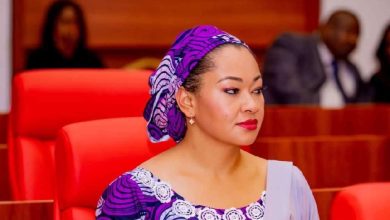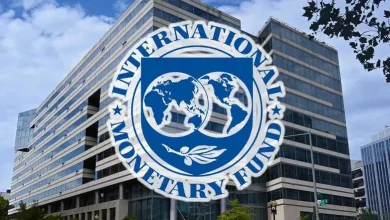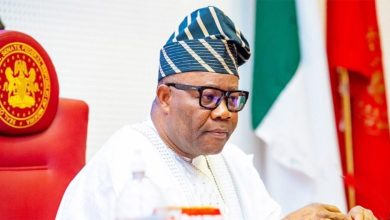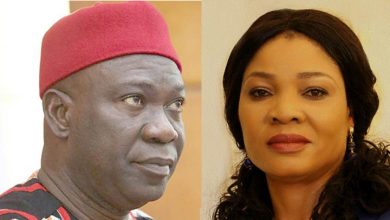Two Nigerian Companies, CEO Banned by World Bank Over Fraud
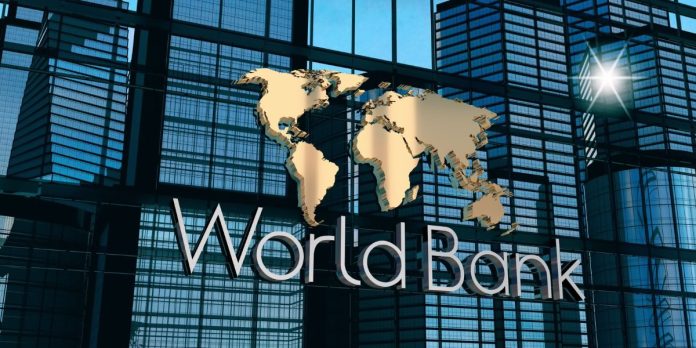
Two Nigerian firms, Viva Atlantic Limited and Technology House Limited, as well as their managing director and chief executive officer, Norman Didam, have been placed on a 30-month debarment by the World Bank due to accused corruption.
Didam, Technology House Limited, and Viva Atlantic Limited are prohibited from taking part in World Bank Group-financed operations and projects for a period of 30 months.
According to a statement from the Washington-based bank, the suspension comes after it was discovered that the National Social Safety Nets Project (NSSNP) in Nigeria was involved in corrupt, collusive, and fraudulent activities.
Two Nigerian firms, Viva Atlantic Limited and Technology House Limited, along with their managing director and chief executive officer, Mr. Norman Bwuruk Didam, were debarred for 30 months by the World Bank Group today, according to the announcement.
As part of Nigeria’s National Social Safety Nets Project, the debarment is related to alleged fraudulent, collusive, and corrupt actions.
The NSSNP was created with the goal of strengthening Nigeria’s social safety net services by giving impoverished and vulnerable households targeted financial transfers.
Investigative findings, however, showed that Viva Atlantic Limited, Technology House Limited, and Didam had violated the bank’s Anti-Corruption Framework in the 2018 procurement and subsequent contract processes.
The firms and Didam engaged in fraudulent and collusive actions, according to the World Bank, by inappropriately accessing private tender information from public authorities and misrepresenting a conflict of interest in their Letter of Bids.
Read Also: Governors’ Backing of Tax Bills Staved Off Potential Tinubu-Shettima Fallout, Sources Say
Furthermore, it was alleged that Didam and Viva Atlantic Limited submitted counterfeit manufacturer’s authorization letters and fabricated the company’s experience records. They engaged in corrupt acts by offering incentives to public officials who were involved in the project.
The bank claimed that the sanctions were a direct result of these violations of the World Bank’s Anticorruption Framework.
In accordance with the case’s facts and the general guidelines of the World Bank’s Anticorruption Framework, the statement states: “In relation to a 2018 procurement and subsequent contract, Viva Atlantic Limited, Technology House Limited, and Mr. Didam received confidential tender information from public officials and misrepresented a conflict of interest in their Letter of Bids, which constituted collusive and fraudulent practices, respectively.
Furthermore, Mr. Didam and Viva Atlantic Limited submitted forged manufacturer’s authorization letters, offered and supplied valuable items to project public officials, and misrepresented Viva Atlantic Limited’s experience. These acts were, respectively, corrupt and fraudulent behaviors.
According to the statement, all three parties admitted their fault and consented to strict integrity compliance requirements as a condition of being lifted from debarment as part of settlement agreements with the Bank.

